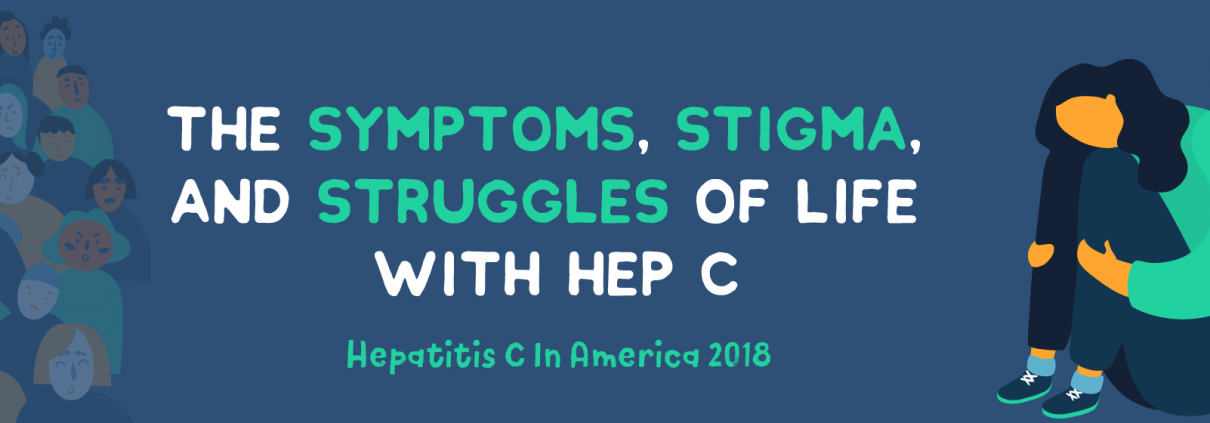Other reasons include health insurance concerns and lack of access to a local dermatologist who specializes in HS. For example, respondents currently seeing a dermatologist were more likely to need to travel a far distance to see their HCP. Meanwhile, those who don’t currently see a dermatologist were more likely to have lost health insurance since being diagnosed with HS.
“People living with conditions, such as hidradenitis suppurativa, that are lesser known and have misunderstood symptoms face considerable hardships when seeking diagnosis, treatment and HCPs that fit their needs,” said Olivier Chateau, co-founder and CEO of Health Union. “Online health communities, like HSDisease.com, can go a long way toward providing the information, connection and validation they need to make the condition-related choices that work best for them.”
The Hidradenitis Suppurativa In America survey, which fielded from Sept. 14 to Nov. 23, 2020, included responses from 406 people living with hidradenitis suppurativa. Additional survey results may be available upon request.
More information about living with hidradenitis suppurativa can be found on HSDisease.com.
About Health Union
Since 2010, Health Union has encouraged social interactions that evolve into valuable online health conversations, helping people with chronic conditions find the information, connection, and validation they seek. The company creates condition-specific online communities – publishing original, daily content and continuously cultivating social conversation – to support, educate and connect millions of people with challenging, chronic health concerns. Today, the Health Union family of brands includes 32 online health communities, including LungCancer.net, ParkinsonsDisease.net, MultipleSclerosis.net and Migraine.com.


